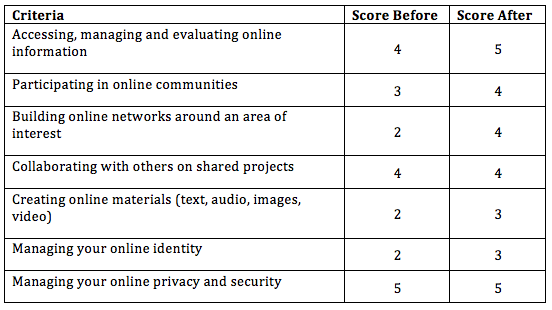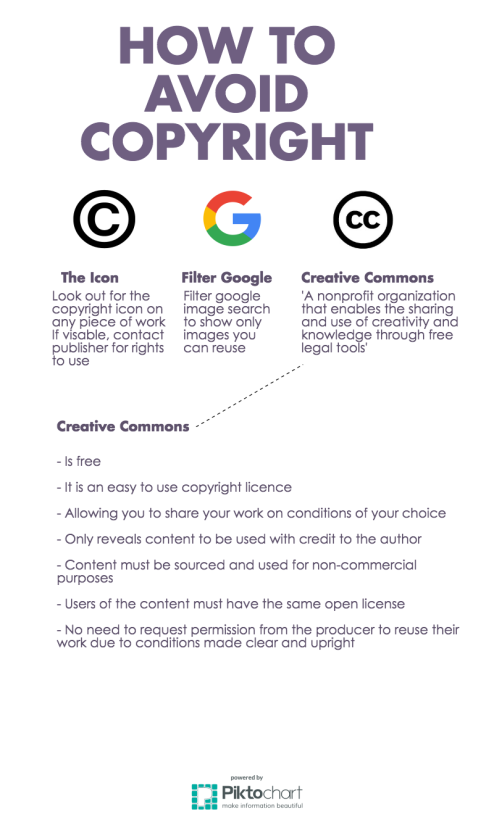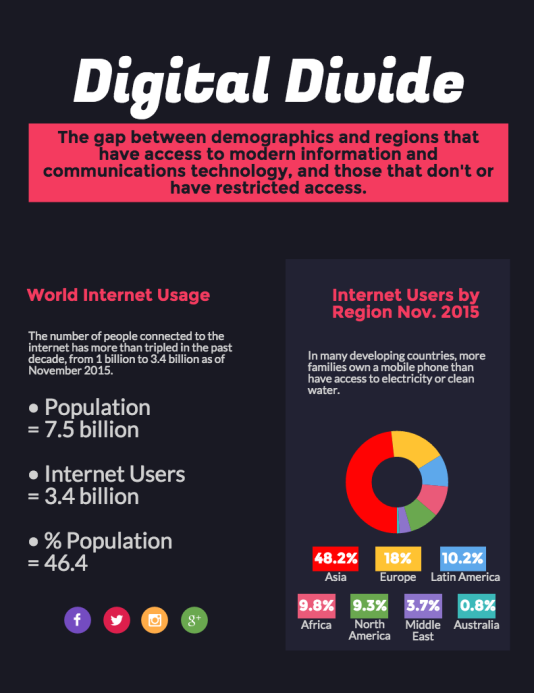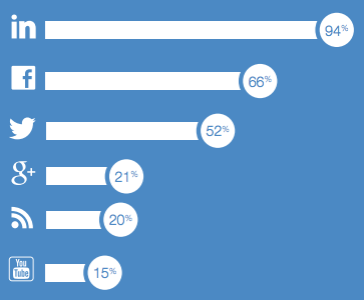
This is not the end of alicebrown73
With a goodbye to my UOSM2008 module, this is not goodbye to alicebrown73!
For those of you who don’t know, within my first ever post I carried out a self-test to evaluate my level of digital literacy at the time, giving myself a score from 1 – 5 (1 being no experience and 5 being very experienced) based on certain criteria. I have now retaken the test after exactly 14 weeks of this blog.
Continue reading →









